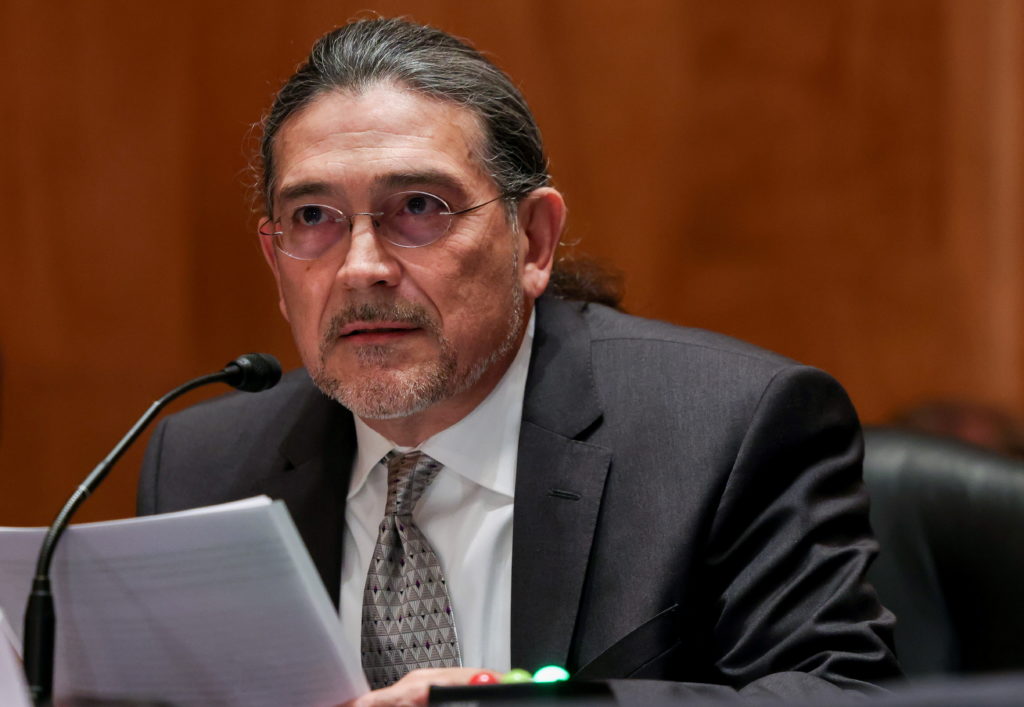
Robert Santos is the first Latino to set up the U.S. Census Bureau for the next decennial census in 2030. He is positioned to be the head of the bureau, and he has set about introducing himself to America as the “face of the census.” It is believed that his everyman persona and Chicano background may be what is needed after the Trump administration was accused of trying to use the 2020 census for political gain.
During the Trump administration, the president tried many unethical ways to get citizen information from Latinos, like adding a citizen questionnaire to the census, which was an attempt to suppress Latino voters. He induced fear and nervousness in Latino voters, stopping the census headcount early. Because of past work, Latinos are now hesitant to participate in the census and are reluctant to rely on the certainty of it.
Santos publicly said that he expected the 2020 census to be “one of the most flawed censuses in history” and that it was being “sabotaged.” As the chief methodologist at the Urban Institute and president-elect of the American Statistical Association, Santos has worked with census data and its people throughout his lifetime. “It’s an issue of scientific integrity, transparency, and independence,” he said.
Throughout Santos’ career, he has formed a social science firm, NuStats; served as a vice president of the National Opinion Research Center at the University of Chicago; and worked as a senior study director at Temple University’s Institute for Survey Research. He was president of the American Association for Public Opinion Research from 2013-14. An essential aspect of Santos’ lifework has been utilizing his statistical and data knowledge to help underrepresented communities.
Santos wants to strengthen relationships and do as many community outreaches as possible to move beyond the upheaval of the 2020 census. Unlike the 2020 census, the bureau has said that 4.99 of every 100 Hispanics were not counted. The bureau is currently working on an economic census with data on 4 million businesses to help with the supply chain.
The communities where he wants the bureau to be more visible are similar to where Santos grew up. One of the poorest zip codes in San Antonio, where most Mexican American residents lived and were subjected to segregation and redlining, has become an incubator of cultural and political activism.
Santos says to strengthen the bureau’s reliability, “We need to have a continuous relationship where we outreach, we have dialogues, we ask, ‘What are your data needs?'” He continues by saying. “But more importantly, we show you in very tangible ways, we show colonias (unincorporated communities), we show people in tribal lands, the value of the data to them.”
As Santos started to embrace his Chicano origin, he said he learned to look more critically at research questions and how they failed to account for different cultures, identities, or social classes. The bureau plans to accommodate shifts in the origins of the Latinx community.

Recent Comments